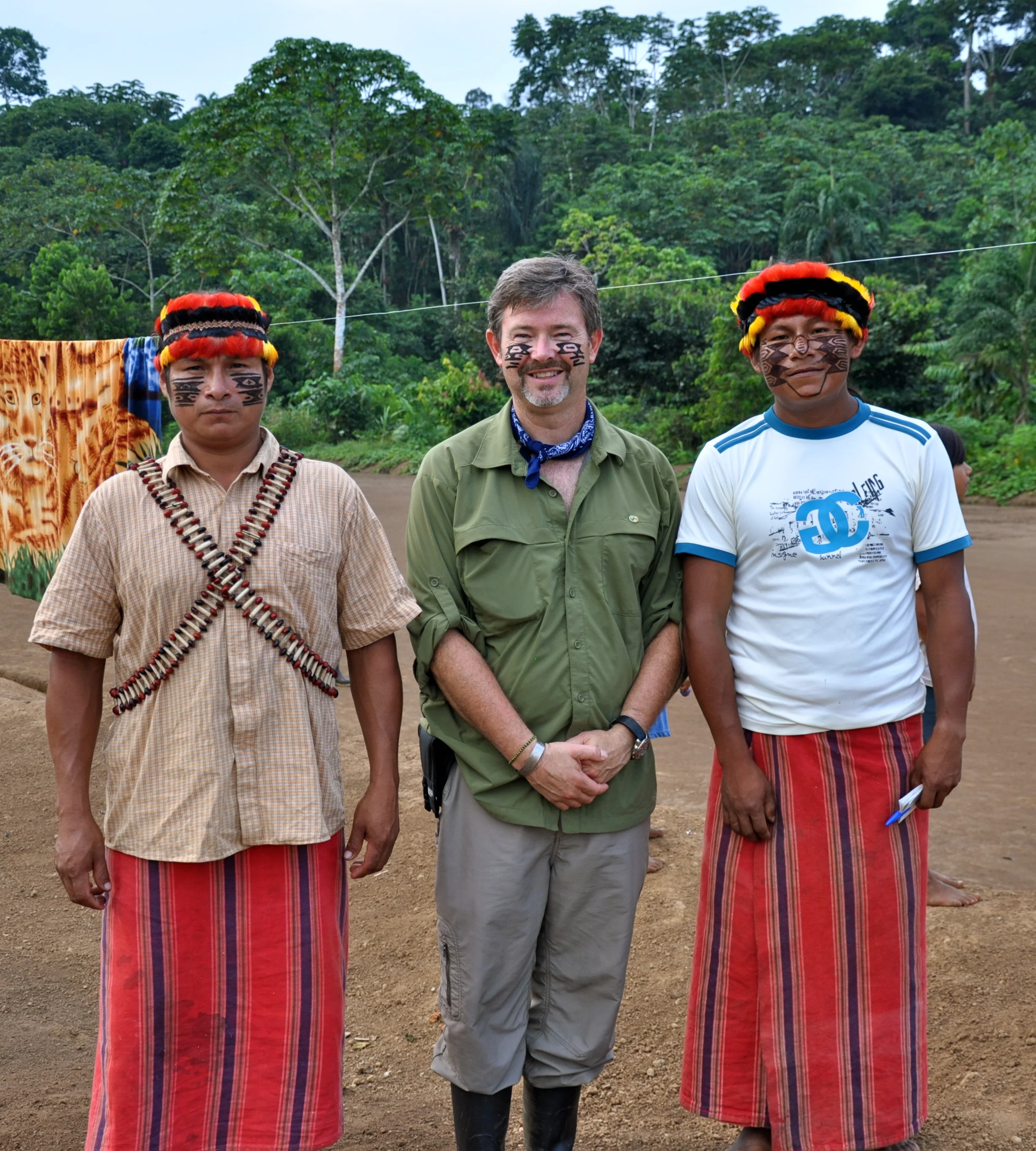Rieko and i were so pleased to be able to host Lynne Twist and Sara Vetter of the Pachamama Alliance at our home the other week. The turn out was outstanding with 60+ in attendance.
Lynne, the author of The Soul of Money, who works with indigenous tribes in the Amazon to help preserve their way of life via an organization she had formed with her husband called the Pachamama Alliance. She had been a global executive for the international Hunger Project working to end world hunger, and had worked with Mother Teresa in India.
Back in 2010 She addressed our Entrepreneurs Masters program at MIT. After introductions the room went silent, as if we all had been waiting for someone like this to come and speak to us.
She opened with a concept that resonated with me: the idea of leading a meaningful life, a life committed to leaving the planet better than we found it.
She discussed her initial meeting with Mother Teresa in India, their eventual working relationship, her work in Ethiopia after the famine of 1983-1984, and her experiences running the Hunger Project globally. She candidly shared how she was run ragged traveling from India to Africa with this work and back to North America to raise her young family.
In 1995, John Perkins, author of the partly autobiographical best-selling book “Confessions of an Economic Hit Man” and a dear friend of Lynne’s, invited her to go on a trip with him into the mountains of Guatemala to meet with the elders of an indigenous tribe and eventually the Achuar tribe deep in the Ecuadorian Amazon.
Speaking through a translator, the Achuar people said, “You have come! We have been calling out to you. We knew that contact with the outside world would be inevitable. We wanted to initiate contact and have the right people come to work with us to help preserve our way of life.” The meeting that followed led to the formation of the Pachamama Alliance by Lynne, her husband Bill, John and a local guide Daniel Kouperman.
Pachamama in their Achuar language means “Mother Earth, the sky, the universe and all time”. This Pachamama Alliance, with a mandate to preserve the world’s tropical rainforests by empowering the indigenous peoples who are their natural custodians, would be a bond between many indigenous tribes of the Amazon and leaders in contemporary society. The Achuar elders requested that the four co-founders return home and literally “change the dream of the modern world”.
Lynne announced to our MIT class that she was leading a trip deep into the Amazon rainforest of Ecuador that May. If any of us wanted to join her, we were more than welcome. She asked for a show of hands. I didn’t even think twice: I raised my hand to the roof.
Her talk turned everything I had learned about the purpose of money and business on its head. Here I was, in the middle of selling my business and about to grab the cash. And here was this amazing woman, standing in front of us and demonstrating that there is another way.
Many of the ideas Lynne discussed in the book were starting to resonate with me. The idea that money can be toxic to many people of wealth, giving them a distorted opinion of themselves and their worth (the poor rich). The idea of reallocating wealth streams to help them and their families cut back on the conspicuous consumption of their lives. The idea that people who live in poverty may be poor in terms of financial assets, but rich in creativity, courage and innovation (the “rich poor”).
The concept of the “Poor rich” really resonated with me. I had met many people in many nations around the world who have an abundance of financial resources, but who are trapped like gerbils in a never-ending stress wheel, trying to care for their loved ones financially and constantly striving to “arrive” at a place where they will feel safe in their abundance. A place which, they don’t yet realize, does not exist. Success, for the “poor rich”, is a constantly moving target.
Read more in my book “Take that Leap - Risking it all for what Really matters”. Chapter 10 - All profits go to charity.


